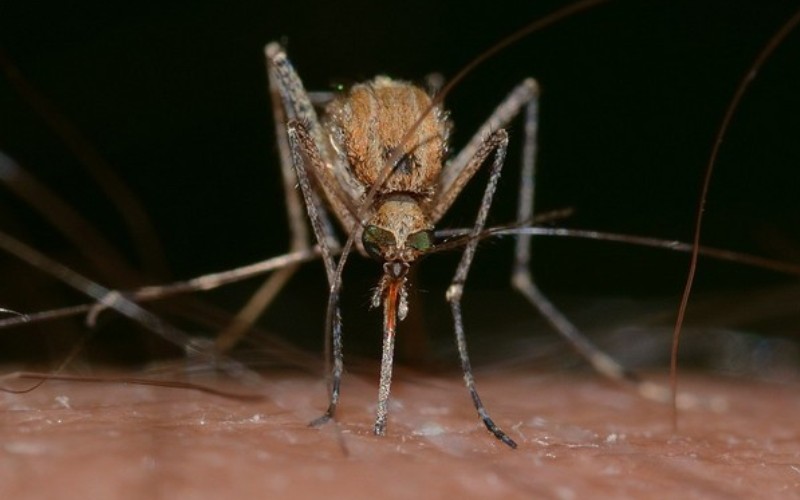Washington: Pregnant women are already advised to take proper care of their health and when it comes to Zika virus, they out to take utmost care as the virus can cause birth defects. A new study has shed light on the possible causes behind this.
The condition in which babies are born with defects due to Zika is typically known as microcephaly in which the head of the baby is underdeveloped.
The study published in the ‘Journal of Experimental Biology’ also added that only about five per cent of infants delivered by women with Zika is born with microcephaly.
In his study, researchers have shown that the risk of giving birth to a child with microcephaly might be associated with how the immune system reacts against the virus specifically what kind of antibodies it produces.
However, in some previous studies, some scientists suggested that Zika-induced birth defects may be linked to mothers’ experiences with some other mosquito-borne viruses, including the dengue and West Nile virus, which are similar to Zika.
Research associate professor Davide Robbiani and his colleagues analyzed blood samples from around 150 pregnant women infected with the virus collected in Brazil during the country’s 2015 Zika outbreak and they found no evidence for a connection between birth defects and history of related viruses.
Instead, they discovered that antibodies generated against the Zika virus itself may be the reason behind these birth defects.
In mothers who delivered babies with microcephaly, such Zika-specific antibodies carried molecular features that seemed to correlate with the condition.
This finding was later confirmed in animals suggesting that, rather than protect the body from Zika, some antibodies may in fact help the virus enter maternal cells, increasing the risk of fetal brain damage.
“Although our results only show a correlation at this point, there could be significant implications for vaccine development,” says Robbiani, study lead.
“A safe vaccine would need to induce the immune system to selectively produce antibodies that are protective, avoiding those that potentially enhance the risk of microcephaly,” Robbiani added.

